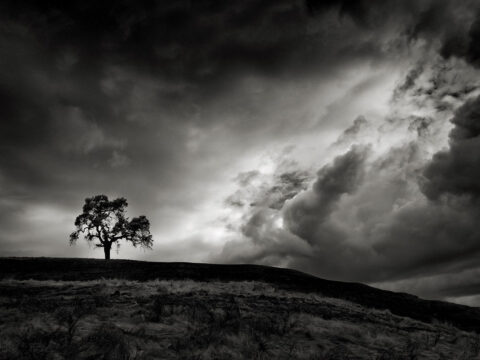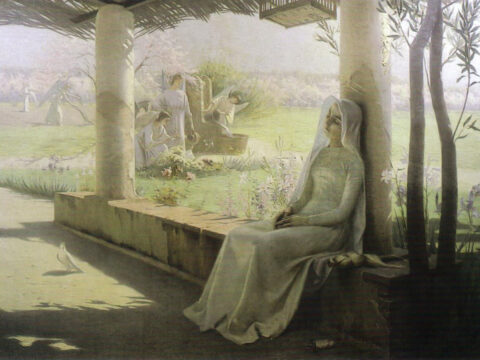
Consider, reader, whether spiritual truths be not worthy of thy choicest praises. Every divine truth is one of God’s eternal thoughts; it is heaven born, and bears the image of God. Truth is the glory of the sacred Trinity. Hence the Spirit is called Truth, (John xvi. 13,) Christ is called Truth, (John xiv. 6,) and God himself is said to be the God of truth. (Deut, xxxii. 4.) It is so delightful to him, that his eyes are always upon the truth. (Jer. v. 3.) And when the only-wise God would have men make a purchase, he counsels them to buy the truth. And is it not good counsel? Is it not a good purchase? Can you bestow your pains or lay out your money better? If you be dead in sins and trespasses, truth is the seed of a new life, of a heavenly birth. (James i. 18.) If you be in any bondage, truth can make you free. (John viii. 32.) If compassed about with enemies, truth can shield thee. (Ps. xci. 4.) If you be full of filthy thoughts and lusts, or any impurities, the truth can sanctify you. (John xvii. 17.) If darkness and faintness possess your souls, truth is lumen et pabulum animæ – “the light and life of the soul.” (Ps. cxix. 105.)
Let us, then, advance our thoughts of truth, and rate it above all sublunary things, and buy it, though it cost us all. It is no simony, it is not too dear; you cannot overvalue truth. It is sister to the peace of God, which passeth all understanding. See how God himself estimates his word and truth. (Ps. cxxxviii. 2,) “Thou hast magnified thy word above all thy name.” Whatsoever God is known by, beside his word, is beneath his word. Take the whole creation, which is God’s name in the greatest letters, it is nothing to his word and truth. Therefore Christ tells the Pharisees, it is easier for heaven and earth to pass than one tittle of the law to fail. If the least jot or tittle of the law be prized by God above all the world, let us take heed of undervaluing the great and glorious truths of the gospel, and settle it as a law upon our hearts that we can never overprize or yield sufficient praise for any truth. Men can praise God for the blessings of the field, the seas, the womb, and of their shops; but where is the man that praises God for his blessing of blessings – for truth – for good books, for heavenly treatises?
Men seldom purposely lift up their hearts and voices to heaven; to praise God for the riches of knowledge bestowed upon them. In good books you have men’s labor and God’s truth. The tribute of thanks is due for both, that God enables men to so great labors, and that he conveys such precious treasures through earthen vessels. David thought it his duty to praise God for truth, (Ps. cxxxviii. 2,) and hath left it on record for our imitation. He saw such excellency, and found so much sweet gain in truth, that he must break out in praises for it.
It is better suffering for truth than with truth: yet if truth must suffer, or can die, better it is to die with truth than outlive it. But that truth may live, and we live by truth, let us magnify God much for truth, for his word and good books that spring thence. Wilt thou praise God for the sea, and be unthankful for the rivers and springs? Wilt thou lift up thy voice for the great waters, and be silent for the silver drops and flowers? If the former rain affect thee, be not ungrateful for the latter. God would have man to value his servants, and praise him for their labors. But they have errors in them. Be it so. Shall we refuse to praise God for the flowers and the corn, because there be some weeds in the garden, and thistles in the field? Prejudice not thyself: buy, read, take thy delight.
Greenhill, William. Preface from The Sincere Convert by Thomas Shepard.



